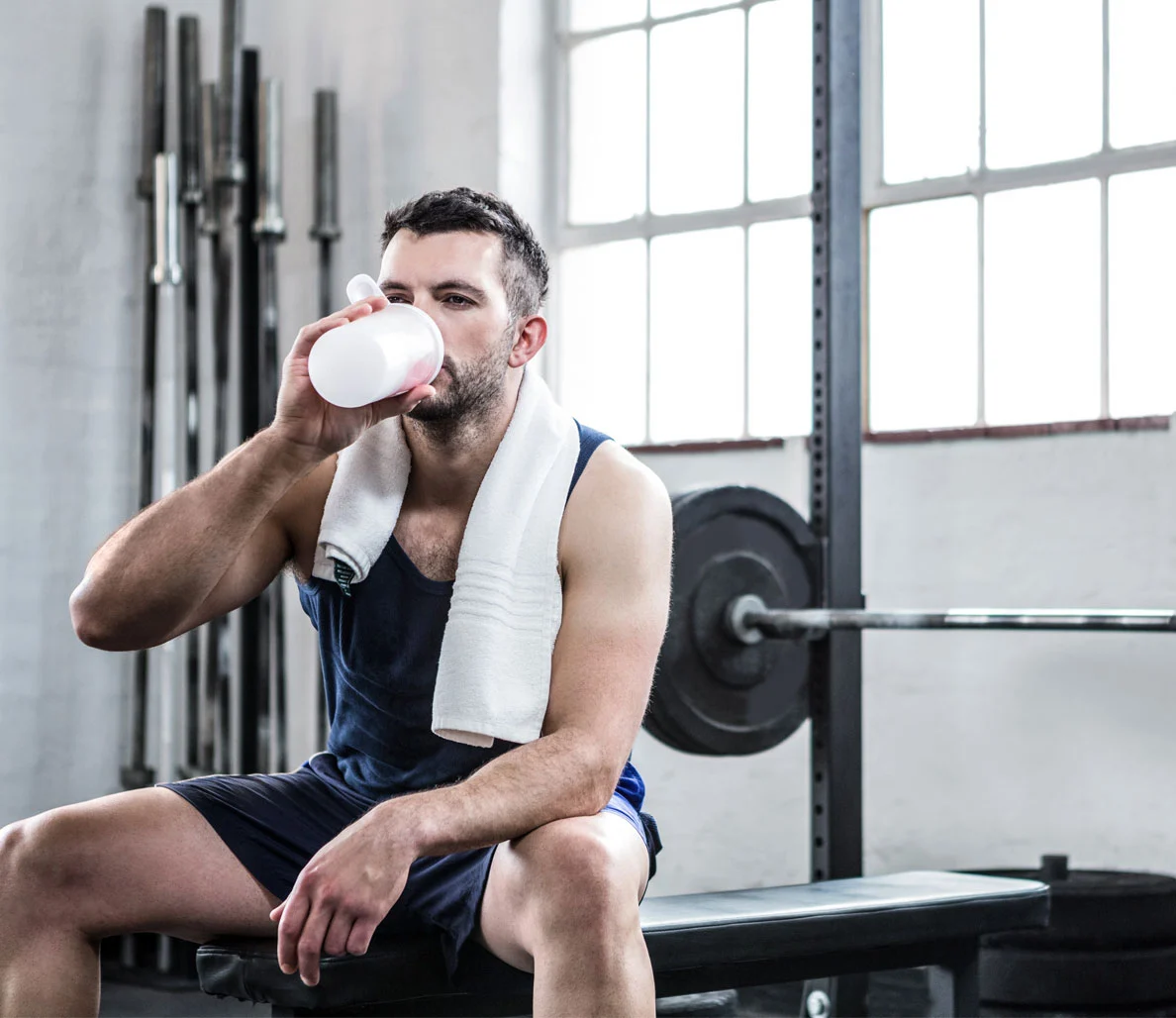
Protein shakes are no more associated with muscle gain; people drink it for multiple reasons to improve metabolism, reduce weight and injury recovery. If you are a gym-goer, you’ve probably heard the guys talking about what protein shakes they prefer after a workout. Here we’ve designed an in-depth article shedding light on the consumption of proteins or whether protein shakes are just for bodybuilders or any average athlete can take it.
How does protein work?
Protein shakes or protein supplements are gaining immense popularity to increase muscle growth. But be sure about the fact that protein helps you build muscles only when you exercise. You can’t expect them to deliver the same amount of efficiency when you don’t exercise. Every time you exercise, tiny muscle fibers are torn. The element that repairs or rebuild the torn muscles bigger and stronger is called amino acid, the building block of protein. If your diet does not have sufficient protein, forces find it harder to grow stronger regardless of how hard you exercise. When you lack the right amount of protein, the body finds it very hard to repair and build muscles.
Protein math
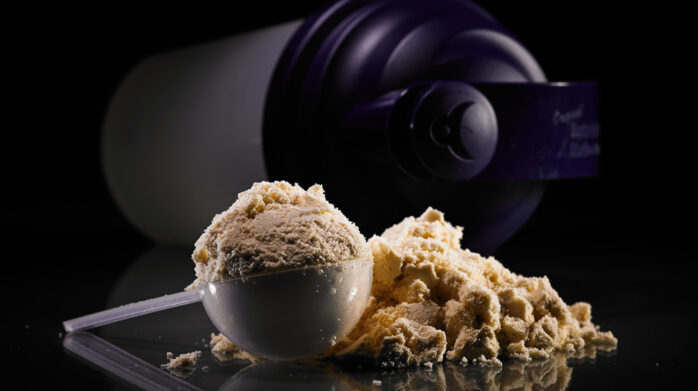
How can you tell whether you are getting enough proteins or not? Simply by doing protein math.
Average adults daily need 0.8 grams of protein per kg of body weight. For recreational athletes, the percentage is a bit higher, 1.2 to 1.4 grams per kg and for ultra-endurance sports, the body needs up to 2.0 g per kg.
So if you are an athlete with a weight of around 75 kg, the protein you may need in a day is about 150 g. The proper intake of protein is essential for young athletes. An average teen needs a minimum of 0.4 to 0.5 grams; however, teenage athletes may need more protein daily, 0.5 to 0.8 grams per pound per day. Teens should forbid from taking a supplement of proteins as per different studies. More proteins in teens’ bodies can damage the kidney and can result in other life-threatening diseases.
Should I take protein shake after workout?
Drinking a protein shake after a workout will aid in the recovery process as it plays a vital role in muscle repairing and synthesis. Also, it will keep you fuller for an extended time! However, the protein needs can be conveniently fulfilled via food, but many people find protein shakes a better pre-workout recovery option. The vegan diet is less bioavailable, often putting the plant-based athlete in a challenging situation. For them, the ideal scenario is to incorporate a protein shake having at least 40 grams of protein – the amount can be decided based upon the intensity and the length of the workout. Moreover, in order to maximize the recovery process, consider adding a portion of carbohydrates; the recommended carbs is around 40-56 grams post-workout.
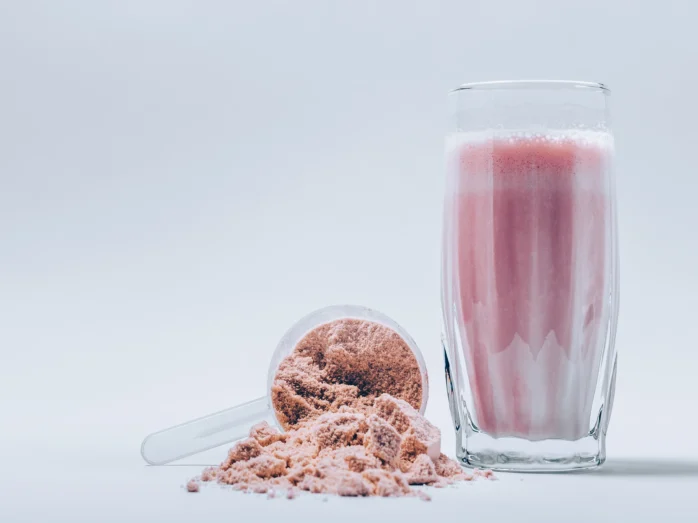
Joseph Gatt, a renowned English actor and model, always had a keen interest in his physical and mental health fitness, says, ‘I think it’s impossible to maintain a good, strong, muscular physique without taking some supplements. So between the protein shakes and the multivitamins that I take, I use C4, the pre-workout mix. I try to keep it as basic as possible, but I think I would shrink and disappear if I stopped taking protein shakes.
How to use protein powder?
You must have understood so far how to calculate protein intake. For example, unusually fatigued and feeling weak when lifting weight are hallmarks of insufficient protein or show you are not taking enough proteins for your athletic needs. Eric Richard Allen, CEO and founder of Era fit, believes the protein consumption should be according to the recommended Dietary Allowance (RDA), which is established at 0.8 grams per kilogramme, sufficient for most healthy adults. This equates to about 55 grams of protein for someone weighing 150 pounds, and about 70 grams of protein for someone weighing 200 pounds. Some members at Era Fit have confessed they’ve benefited from consuming more than double the RDA, but this is not the case for the majority of us.
Don’t believe in a myth that, unfortunately, has been perpetuated since the dawn of time that protein should be taken when you complete the workout session. Before, during or after, the only thing that gives your body fuel is carbs. However, when you finish the workout session, the body demands energy with a 4-1 or 5-1 ratio of carbs and protein. Generally, powder protein has just 20 grams of protein per scoop, meaning you will never have around 80 grams of carbs to go with the scoop of protein powder to gain optimal benefits. Many health experts, the recovery drink should be a fruit smoothie with yogurt or chocolate milk. Hence you can take more protein as a snack or meal replacement. Also remember, protein powders are not crucial if you have access to a nutrition-rich diet.
Food rich in protein
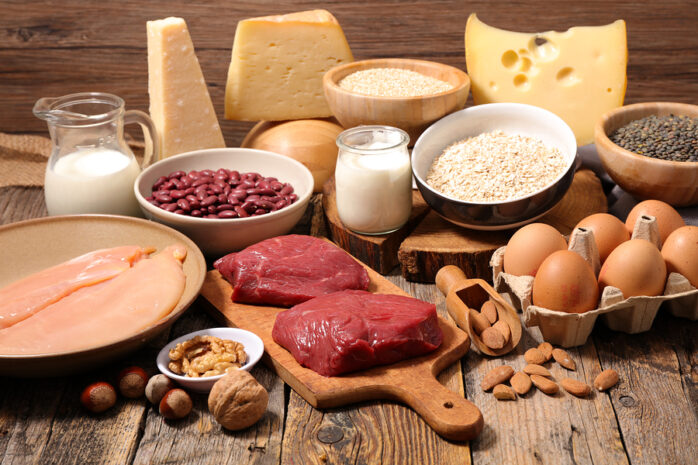
The most desirable form of protein is not a processed form. Natural or unprocessed food, on the other hand, is always preferred. Hence, we suggest incorporating natural food into the diet that can boost protein intake. But one thing is for sure, raw food rich in protein will never build as muscles as protein shakes will. You don’t have to eat whole meat after exercising; a simple snack after a workout will be sufficient to promote muscle growth. Food high in proteins includes red meat, beef, lamb, pork, eggs, milk, fish, and chicken.
What do protein shakes do to your body?
Every fitness enthusiast takes a protein shake before or after the workout as they give your body a high dose of protein and are marked as a fundamental element of a muscle-building diet. Although protein supplements are a quick way to add more protein, it is also mandatory to get it from natural food. Drinking a lot of protein shakes in place of regular meals will not be helpful as you lack other essential nutrients. You can use protein shakes as a complement to the diet. And to see some great results, you should be exercising regularly. Protein on its own does not do anything. It only helps grow stronger muscles that are torn by the exercise. Moreover, always research before purchasing a protein that claims to boost muscle without exercising is a fake; the workout is the key. Ideally, protein shakes providing 20 amino acids will be effective enough in boosting muscle growth. However, the first job is still yours! Do the hard work yourself to reap maximum advantage. It will help if you consider using protein shakes to compliment your diet, ensuring the other nutrients are also being fulfilled.
Protein shakes and weight loss
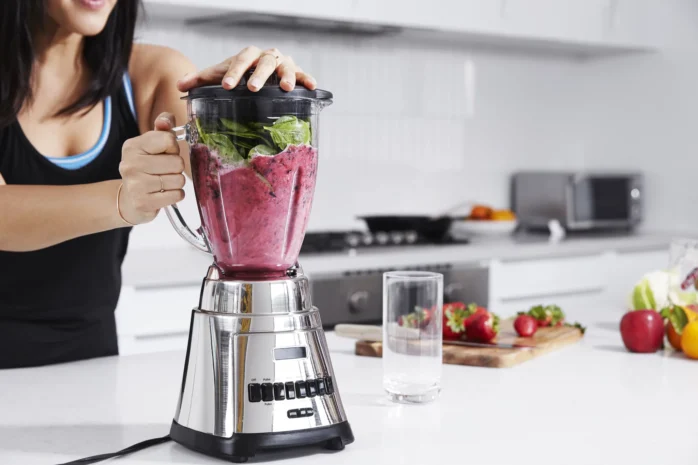
A high protein diet opens different pathways that promote weight loss and help you increase your daily protein intake.
Reduce the level of ghrelin
Many hormones in the human body stimulate or control the appetite. These hormones are called peptide tyrosine-tyrosine (PYY), glucagon-like peptide 1 (GLP-1), and ghrelin; protein plays a significant role in their production. Other evidence even suggests that protein may reduce the level of ghrelin that triggers appetite.
Help you lose belly fat.
When the body has more protein, a high level of energy expenditure is seen. You burn calories in two different ways. The body burns more calories by brefdrf











